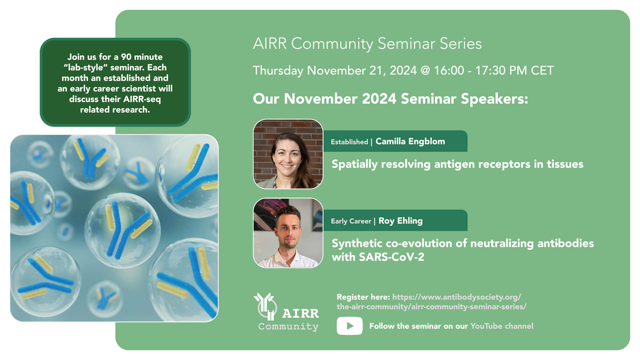 On November 20, 2024, Jazz Pharmaceuticals announced that FDA granted accelerated approval of Ziihera® (zanidatamab-hrii) 50mg/mL for injection for intravenous use for the treatment of adults with previously treated, unresectable or metastatic HER2-positive (IHC 3+) biliary tract cancer (BTC), as detected by an FDA-approved test.[28] A confirmatory, randomized Phase 3 trial (HERIZON-BTC-302; NCT06282575) evaluating zanidatamab in combination with standard-of-care therapy versus standard-of-care therapy alone in the first-line setting for patients with HER2-positive BTC initiated in July 2024 is currently recruiting patients.
On November 20, 2024, Jazz Pharmaceuticals announced that FDA granted accelerated approval of Ziihera® (zanidatamab-hrii) 50mg/mL for injection for intravenous use for the treatment of adults with previously treated, unresectable or metastatic HER2-positive (IHC 3+) biliary tract cancer (BTC), as detected by an FDA-approved test.[28] A confirmatory, randomized Phase 3 trial (HERIZON-BTC-302; NCT06282575) evaluating zanidatamab in combination with standard-of-care therapy versus standard-of-care therapy alone in the first-line setting for patients with HER2-positive BTC initiated in July 2024 is currently recruiting patients.
Zanidatamab (ZW25) is a humanized, biparatopic, bispecific IgG assembled from half-antibodies (Fab-h-CH2-CH3 x scFv-h-CH2-CH3) that targets two non-overlapping epitopes of HER2. In 2022, Zymeworks licensed the development and commercialization rights across all indications in the United States, Europe, Japan and all other territories, except for those Asia/Pacific territories previously licensed by Zymeworks, to Jazz Pharmaceuticals. BeiGene acquired exclusive development and commercial rights to zanidatamab, in Asia (excluding Japan), Australia, and New Zealand in 2018. FDA granted Breakthrough Therapy designation for zanidatamab in patients with previously treated HER2 gene-amplified BTC, Fast Track designation for zanidatamab as a single agent for refractory BTC, and Orphan Drug designation for zanidatamab in refractory BTC.
The approval was based in part on the results of the single-arm, Phase 2b trial (HERIZON-BTC-01; NCT04466891) of zanidatamab in patients with HER2-amplified, unresectable, locally advanced, or metastatic BTC with disease progression on previous gemcitabine-based therapy. The efficacy of zanidatamab was evaluated in 62 patients with HER2-positive (IHC 3+ by central assessment) BTC in Cohort 1 of HERIZON-BTC-01, with major efficacy outcome measures of objective response rate (ORR) and duration of response (DOR) as determined by independent central review according to RECIST (Response Evaluation Criteria in Solid Tumors) v1.1. The study demonstrated an ORR of 52% [95% confidence interval (CI): 39, 65)] with a Kaplan Meier estimated median DOR of 14.9 months [95% CI: 7.4-not estimable] by independent central review [1].
Marketing applications for zanidatamab as a treatment for BTC were also submitted in the European Union and China. Beigene anticipates approval by NMPA for zanidatamab as second-line treatment of HER2+ BTC in the second half of 2025.
[1] ZIIHERA (zanidatamab-hrii) Prescribing Information. Palo Alto, CA: Jazz Pharmaceuticals, Inc.



